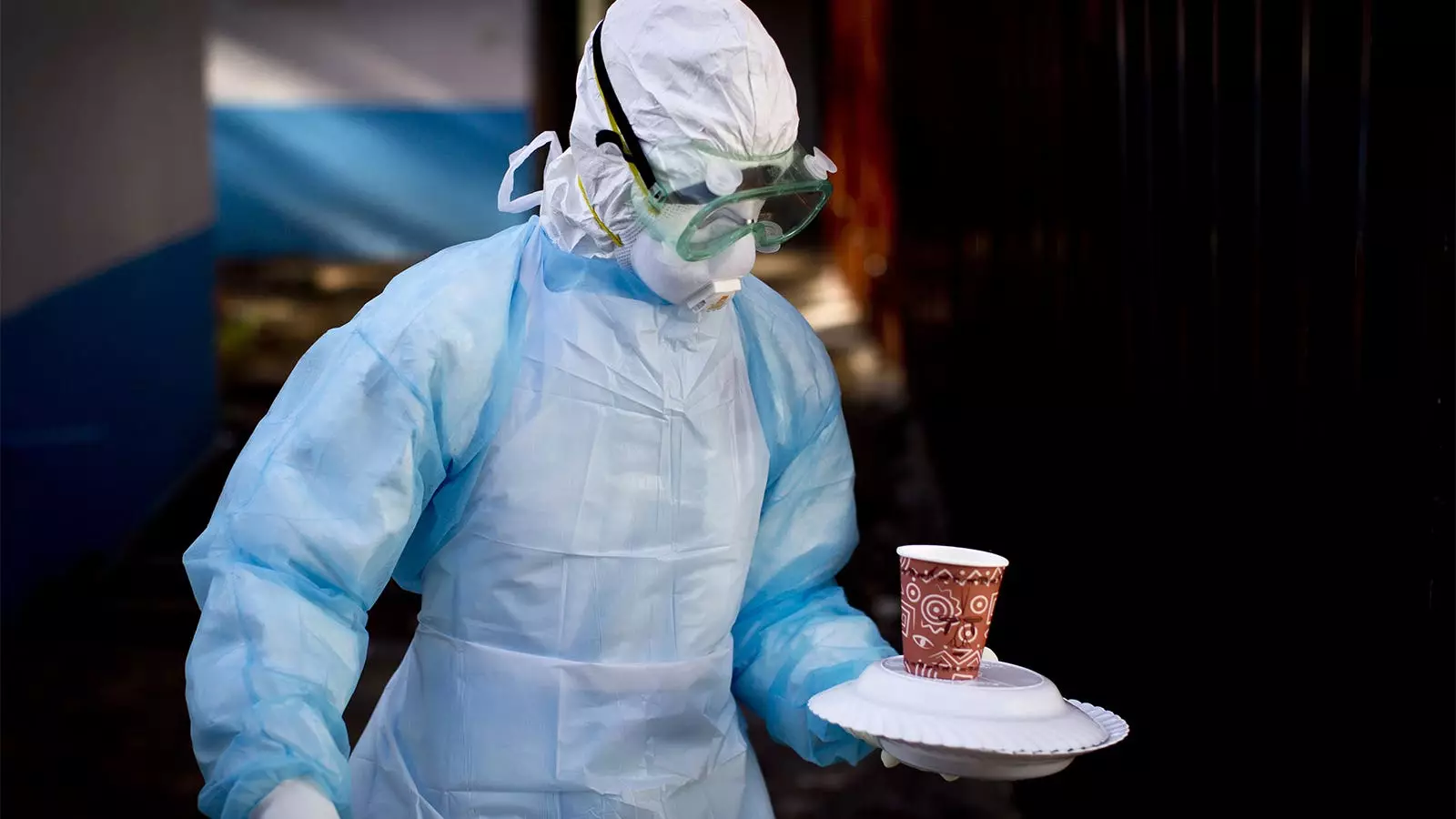The recent emergence of the Marburg virus in Rwanda has cast a shadow over public health and safety within the region. With eight confirmed fatalities reported just days after the outbreak was declared, the ramifications of this highly contagious virus cannot be understated. The circumstances surrounding this outbreak are especially alarming, as there is no approved vaccine or treatment for Marburg, a disease that already carries a high fatality rate. This event unearths a critical examination of the preparedness, response, and implications for the local and broader public health communities.
Rwanda declared the outbreak on Friday when the first cases began to surface, finding themselves in a race against time as they communicate vital health information to their citizens. Health authorities have swiftly identified 26 cases to date, a number that poses serious questions about the potential for further spread. The primary vector of this viral threat, fruit bats, underscores the intricate relationship between wildlife, human encroachment, and the re-emergence of zoonotic diseases—a reality that many health officials have warned about for years.
Marburg virus, much like its notorious cousin, Ebola, poses significant threats through direct contact with bodily fluids and contaminated environments. The contagion method amplifies fears among healthcare workers, who are disproportionately affected in this context. Reports indicate that most of those infected are medical professionals, raising serious concerns about the safety protocols in place within healthcare settings and their capability to manage such infectious diseases.
Symptoms of Marburg include high fever, severe headaches, muscle pain, and gastrointestinal distress, culminating in an alarming potential for fatal outcomes. The sobering statistic that Marburg can lead to death in up to 88% of cases heightens the stakes for the Rwandan health ministry as they implement crucial strategies aimed at contact tracing and rigorous public health messaging. The delay in symptomatic expression—ranging from three days to three weeks—complicates the scenario, making proactive measures paramount to thwart further transmission.
Recognition of the outbreak has garnered immediate attention from organizations like the Centers for Disease Control and Prevention (CDC) and the World Health Organization (WHO), both of which are actively mobilizing resources and expertise to assist Rwanda. The CDC has dispatched specialists who will utilize their experience with past outbreaks to bolster Rwanda’s response efforts. Such international partnerships are crucial, not solely for immediate containment but also for long-term strategies targeting infrastructure improvements in public health.
The WHO’s engagement suggests that the eyes of the world are drawn to Rwanda’s efforts, reinforcing the importance of surveillance and response strategies in limiting the spread of infectious diseases. Tedros Adhanom Ghebreyesus, the WHO Director-General, has reiterated a commitment to work closely with Rwandan authorities in reinforcing effective measures, showcasing how global health dynamics converge in the wake of localized crises.
Simultaneously, the U.S. Embassy’s directive for remote operations in Kigali highlights how international stakeholders are adapting their activities in response to safety concerns, a measure that emphasizes both caution and community health.
The Bigger Picture: Reflecting on Global Health Security
The occurrence of the Marburg virus outbreak in Rwanda is a stark reminder of the persistent vulnerabilities that come with public health. Past outbreaks in various African nations serve as case studies demonstrating how interconnected human health is with environmental variables, wildlife habitats, and public policy. Furthermore, as Rwanda grapples with the Marburg situation, it continues addressing another public health challenge: mpox. This dual crisis prompts reflection on health system resilience and capacity-building; clearly defined protocols and strong public health infrastructure are essential defenses against threats like Marburg and mpox.
In essence, the Marburg virus outbreak is not just a Rwandan issue but one that resonates globally. The stakes are not only high for African nations but also for the interconnected global landscape that must work collaboratively to address and mitigate infectious disease outbreaks. Moving forward, a multi-faceted approach that encompasses health diplomacy, scientific research, and robust public health systems remains imperative in transforming the specters of outbreaks into tales of resilience and recovery.


Leave a Reply